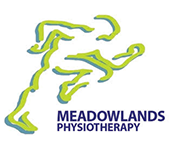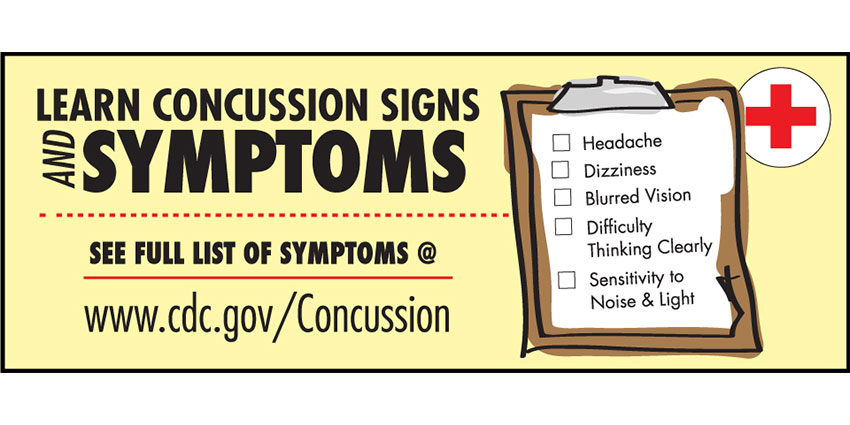Concussions Are Serious!
Most people have an understanding of what the word “concussion” means. They may link it to a bump on the head, a result of a hard hit in hockey or following a car accident. It is important to note that a concussion is a type of traumatic brain injury. It may be caused by a bump, blow, or jolt to the head or by a hit to the body that causes the head and brain to move rapidly back and forth. This sudden movement can cause the brain to bounce around or twist in the skull, stretching and damaging the brain cells and creating chemical changes in the brain. Even though concussions are described as a “mild” brain injury, the effects can be serious if the proper steps for return to work, school, and sport are not taken.
Recovery Tips:
1. Rest
2. Take it slow
3. Talk to you healthcare provider
Rest is very important after a concussion because it helps the brain heal. Activities that are physically and mentally stimulating need to be limited. Symptoms (suck as headache, tiredness, or dizziness) may worsen with computer work, playing video games, physical activities, reading or driving. During this time of rest you want to stay hydrated, avoid late nights and keep a regular sleep routine.
Returning slowly to activities when your medical provider advises is key to recovery. Modifications may need to be made to work/school schedules, rest breaks added and expect a gradual return to sport activities. This may take days, weeks or months.
Physiotherapy treatment can be a very helpful way to transition back to regular activities. Your physiotherapist will give you guidelines and exercises for increasing physical activity as well as mental/visual processing tasks. Our goal is to keep your symptoms at baseline and avoid pushing into a “danger zone”.
Post Concussive Syndrome
While most people with a concussion recover quickly and fully, some will have symptoms that last for days, weeks or even months. Risk factors for post concussive symptoms include anxiety/depression, a history of multiple concussions, and doing “too much, too soon”. Please talk to you healthcare provider if you have any concerns.
A great resource for more information on concussion injury and a 5-step guideline for Return to Sport is the CDC HEADS UP to Brain Injury website: https://www.cdc.gov/headsup/index.html
Laura Baillie
Registered Physiotherapist – B.Kin., M.Sc.(PT), FCAMPT, AFCI, MCPA and STOTT PILATES® Certified Instructor

